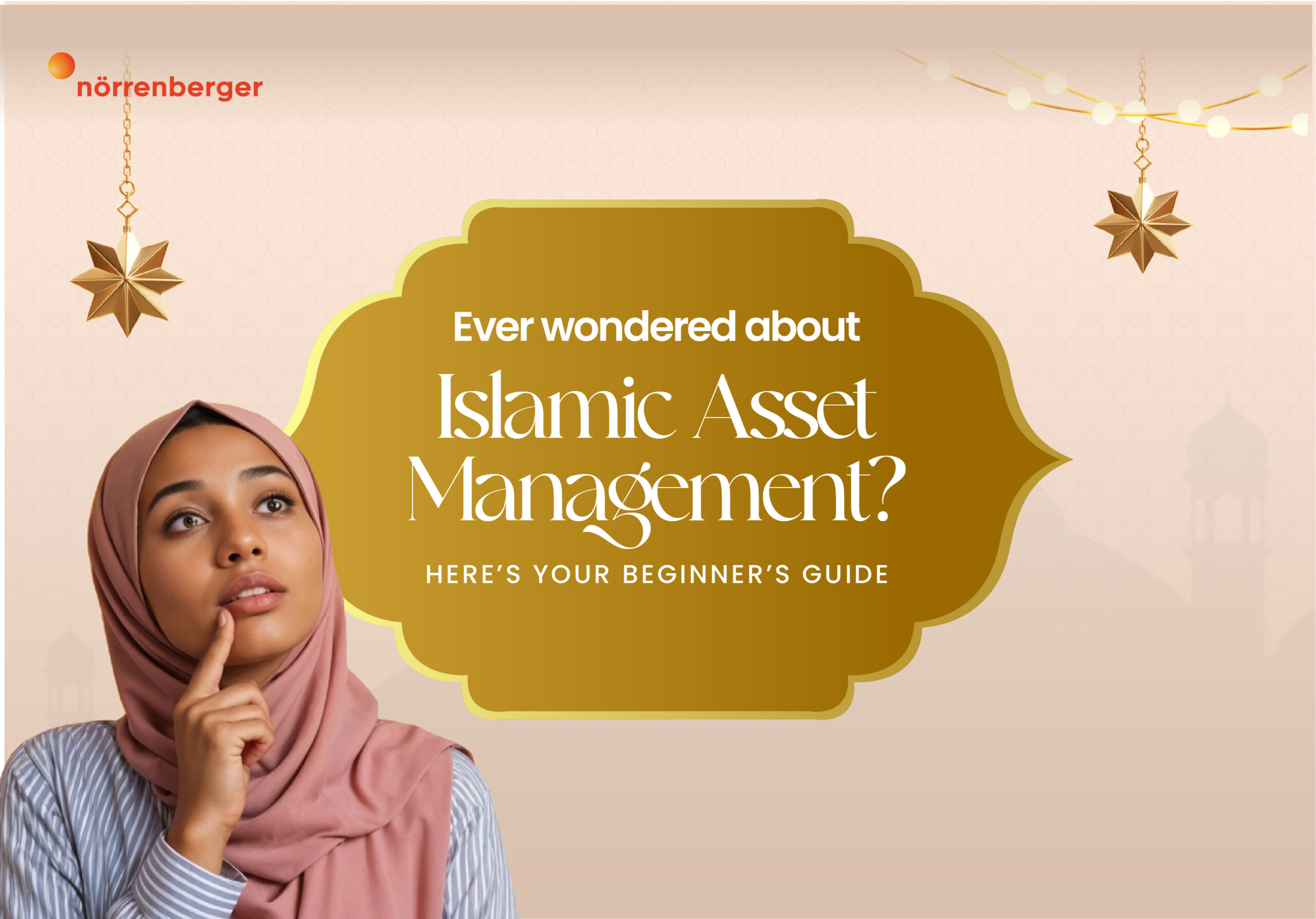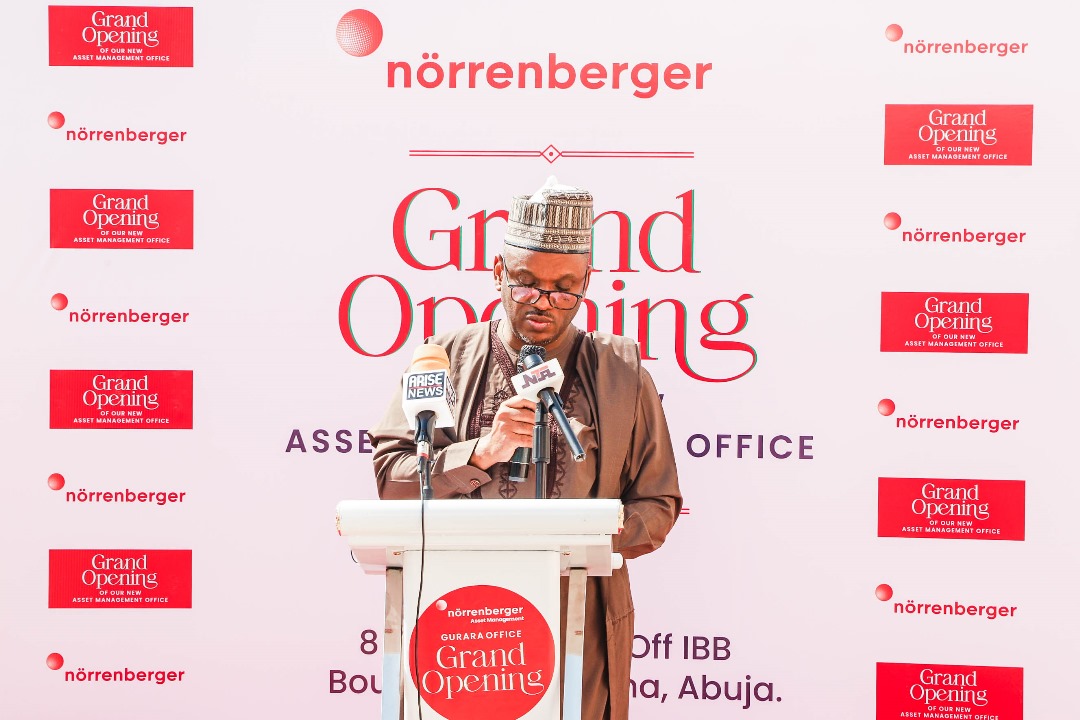What is Islamic Finance?
The central belief in Islam is that the entire universe is created and controlled by Allah. He created man and appointed him as a steward on Earth, tasking him to perform this role by obeying divine commands. These commands encompass every aspect of our lives, including how we structure our economic systems and create wealth. Islam permits market forces to operate, encourages profit-making to a reasonable extent, and recognizes private property ownership. However, it discourages the pursuit of profit maximization at the expense of other factors, as this can lead to societal imbalances, monopolies, and wealth being concentrated among a few hands.
To address these issues, Islam provides divine guidance on economic activities, including prohibitions of riba (interest or usury), gambling, hoarding, dealing in unlawful goods and services, short selling, and speculative transactions. These prohibitions are intended to maintain economic balance and ensure equitable opportunities. Therefore, Islamic finance can be defined as any business dealing structured to align with Shari’ah (a comprehensive legal and moral framework that guides the Islamic way of life).
Principles of Islamic Finance
Islamic finance is based on the following main principles:
- The Principle of Transparency & Fairness: Islam encourages transparency in trade and commerce among the parties involved. Participants must disclose all necessary information to prevent information asymmetry. Uncertainty creates conflict and problems and hence, should be avoided.
- Principle of Risk Sharing: This is sometimes referred to as the principle of profit and loss sharing. This principle ensures that all participants seeking a profit should share in the risks of the business. According to Shariah, profit (reward) can be earned on asset where ownership risk is taking, profit cannot be earned without taking risk. Therefore, returns on capital must be based on risk-sharing and the performance of the underlying asset.
- Principle of Ownership: Islam prohibits selling what one does not own, thereby forbidding short selling. It mandates that an asset must be owned before it can be transacted upon. This principle, links financial activities closely with the real economy and emphasizes the importance of clear contractual agreements and terms.
- Principle of Social Responsibility: Islam only finance and promotes activities and products that are deemed ethical and unharmful to the society, which is the reason why it prohibits activities relating to gambling, Alcohol, Tobacco, pornography, pork etc
Prohibitions in Islamic Finance
Islamic finance has specific prohibitions:
- Interest (Riba): Islam prohibits earning income from money itself, requiring that money be transformed into an asset before income can be earned. Money should be used solely as a measure of value and a medium of exchange, not as a commodity to generate profit. Therefore, financiers cannot demand a return on the capital they provide but can earn profit based on the performance of the asset or rental income from the asset. This requirement encourages investment in high-quality projects and fairer wealth distribution, as opposed to interest-based financing that favors creditors at the expense of the borrower.
- Gharar: Excessive uncertainty is prohibited in Islamic finance. Contracts must be clear about the existence, ownership, availability, and nature of the subject matter. There must also be clarity regarding pricing, tenor and other important details of transaction that is entered into by parties to avoid or minimize disputes.
- Maysir: Maysir refers to gambling or speculative activities. Such practices are considered reckless and contrary to Islamic principles, as they lack proper due diligence which mostly lead to huge losses and breeds enmity.
Purpose of Asset Management
Asset management involves pooling funds from individuals or entities with surplus capital to invest in economic activities that will generate returns. This can be achieved through direct investments in businesses or purchasing securitized projects that finance these activities.
Islamic Asset Management
Islam encourages trade and commerce within the guidelines set by Sharia’h (Islamic law), which includes avoiding excessive speculation and gambling. Individuals and institutions with surplus funds but lacking expertise are advised to seek the guidance of Islamic financial institutions/experts to ensure their wealth are mobilized for investments as a way of capital preservation and income generation.
Relationship Between Asset Managers and Investors
Asset management typically create funds and investment opportunities with specific policies and objectives to meet the demands and risks appetite of different investors. These funds pool resources from various investors, including individuals, corporates and government at all levels. For an investor to engage with a fund or hire an asset manager, clear contractual agreements are necessary. These agreements specify how profits and losses will be shared, the investment tenor, and other important details. In Islamic finance, the following contracts are commonly used for investments:
- Wakalah: A Wakalah contract establishes a principal-agent relationship where the asset manager acts on behalf of the investor for a specified fee. The manager may also receive a portion of the profit if the returns exceed a benchmarked profit rate.
- Mudarabah: This is a partnership arrangement where one partner manages the operations of the investment due to their expertise, while the other partners provide the capital. Profits from the investment are shared based on a pre-determined ratio.
Islamic Asset Management Products
Islamic asset managers must ensure investments are Shariah-compliant. Prohibited investments which include interest bearing investments, investment in conventional banks and insurance, casinos, non-compliant food products, alcohol, weapons manufacturing, etc are avoided. Some of the Sharia’h compliant investments are as follows:
- Shariah Compliant Equities: These are investment in the stock market which are done by purchasing shares of quoted companies, provided these companies meet certain criteria. The first criterion is passing the industry screen, which ensures that the company’s business doesn’t involve prohibited activities such as conventional banking and insurance industry, alcohol production, gambling, adult entertainment, and weapons manufacturing. The second criterion is financial screening, which involves analyzing financial statements to screen it for non-permissible revenue ie interest bearing securities, and other screening to ensure the company is Sharia’h compliant and considered safe to invest in.
- Sukuk: Sukuk are securitized financial certificates representing ownership in a tangible asset, usufruct of an asset, or a particular project or investment. Sukuk are key Sharia-compliant capital market instruments with both fixed income and equity features, depending on the underlying contract. They serve as Islamic alternatives to treasury bills, commercial papers, bonds, and preference shares.
- Direct Investments via Islamic Finance Contracts: An alternative investment option is to directly finance projects or companies through Islamic finance contracts, such as Murabaha, Wakalah, Mudarabah, Musharaka, Ijarah, Salam, Istisna etc.
Growth in Islamic Asset Management in Nigeria
Islamic finance has experienced significant growth in Nigeria since the early 21st century. The introduction of Islamic finance in Nigeria began with the granting of licence to Habib Bank (former Bank PHB Plc and now Keystone Bank Plc) back in the year 1992 to offer non-interest banking services on a “window basis”. By the year 2004, Lotus Capital Limited was established as the first Islamic Asset management firm, regulated by Securities and Exchange Commission (SEC) of Nigeria after which an Islamic Micro finance bank; Al-Barakah microfinance commenced operations in April 2010.
In 2012, the Central Bank of Nigeria (CBN) licenced the first full-fledged non-Interest bank in the name Jaiz Bank Plc, which commenced operations as a regional bank in the country. Since then, several other Islamic financial institutions have spring up, leading to the establishment of over five dedicated Islamic asset management firms. Currently, there are more than 14 mutual funds operated by 12 different fund managers, with a total NAV of about N110 billion.
This demonstrates a strong demand for Islamic asset management and indicates substantial potential for growth. However, there are still so many opportunities in this sector that needs to be explore for the benefits of the country and its populace.









